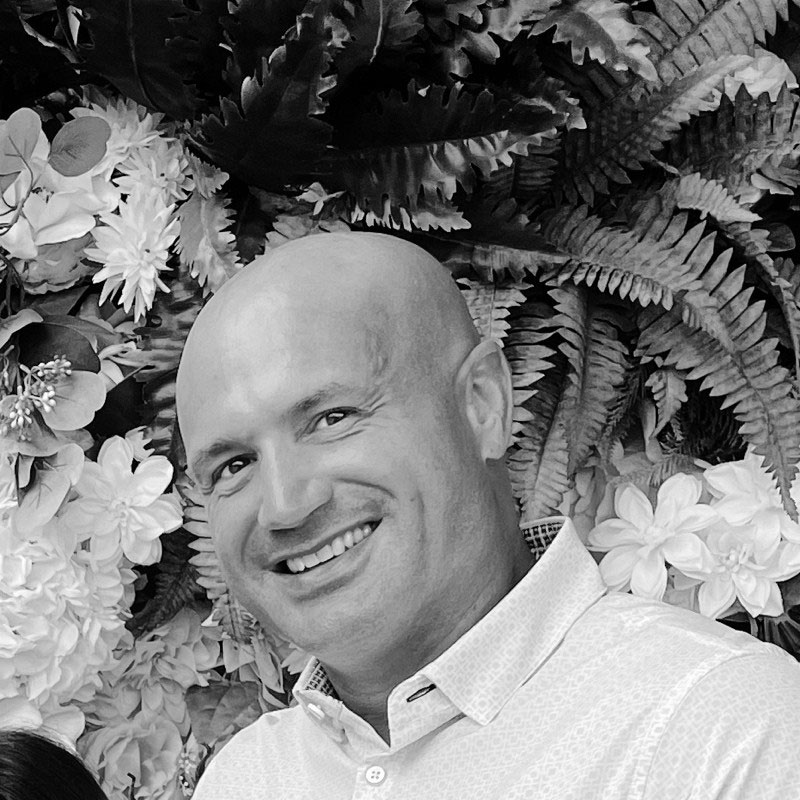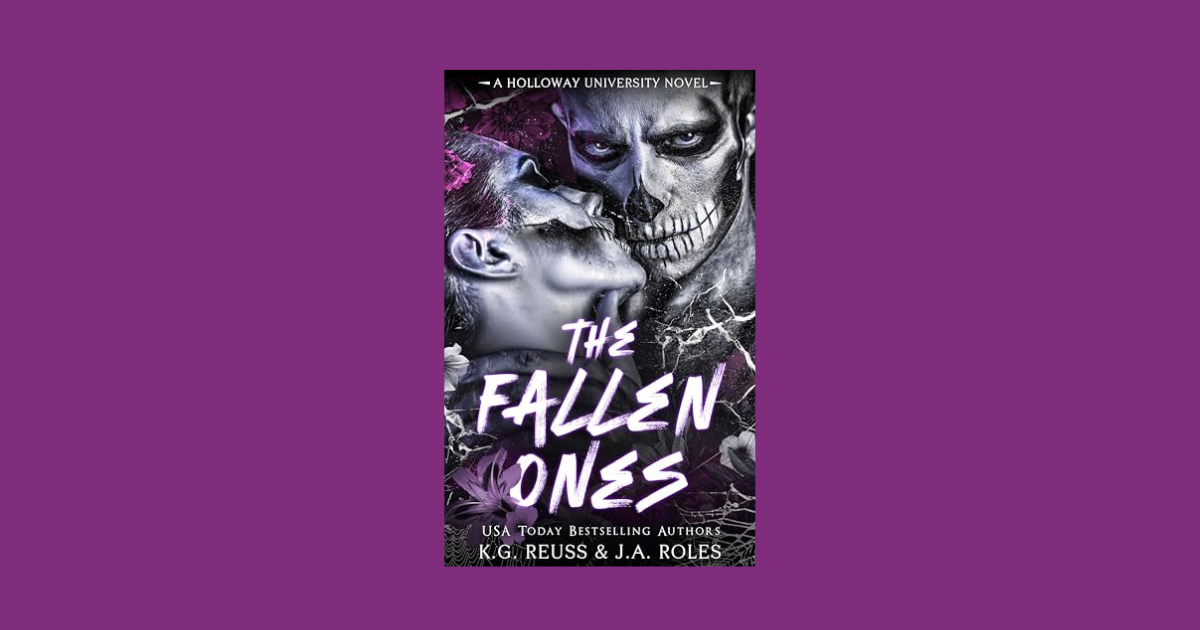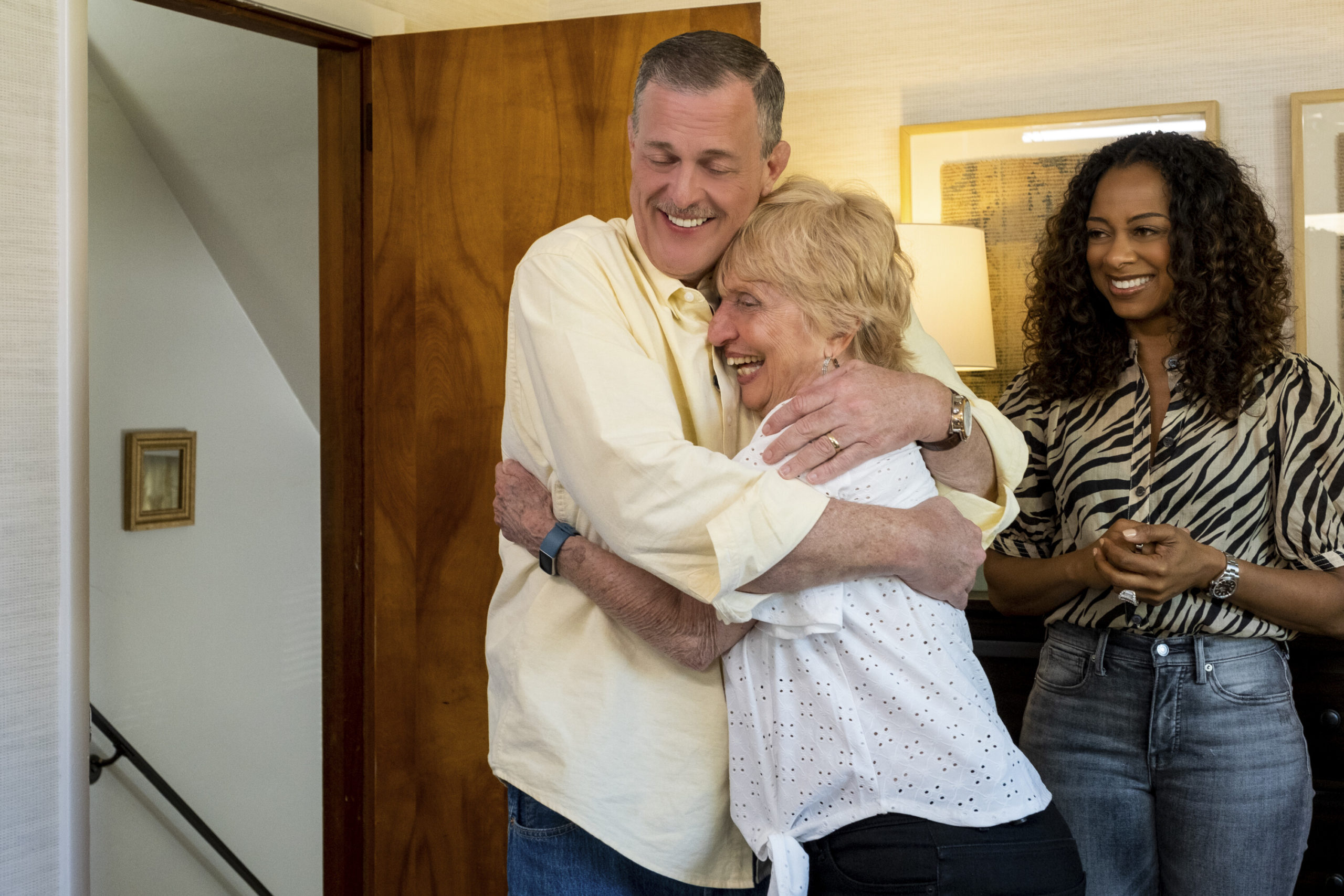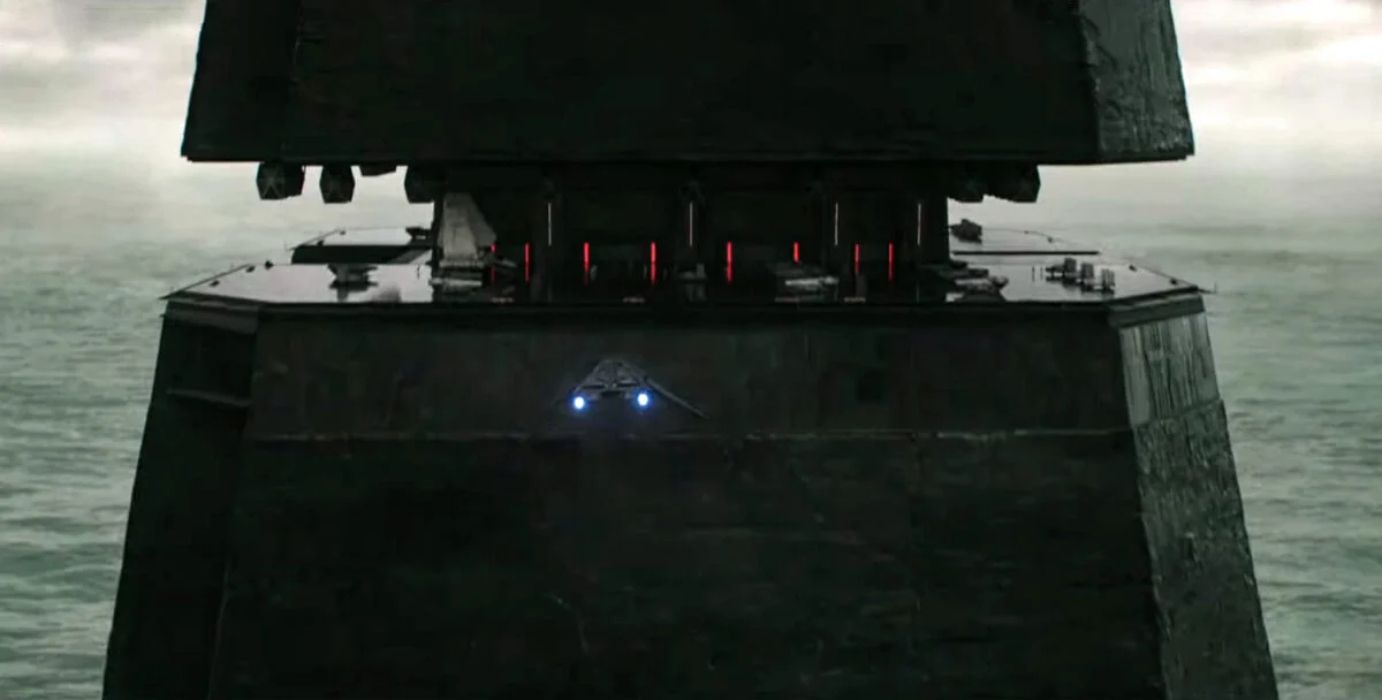Television series tend – more often than not – to get cancelled before they reach their natural conclusion. Sometimes a series simply ends without resolution. Other times, a series does get a resolution but way too late, and the conclusion doesn’t feel quite right. Sometimes, though, a show ends at just the right time, with a short-run concluded in such an ideal way that even if the fans wanted more, it is impossible not to appreciate the creators’ understanding that it was enough, that it was time to stop and move on.
Here are 11 shows that ran for a short but perfect length of time. They ended perfectly, but most importantly, on their terms.
Atlanta (2016-2022)
Atlanta centers on college dropout and music manager Earnest “Earn” Marks (Donald Glover) and rapper Paper Boi (Brian Tyree Henry) as they navigate a strange, seemingly otherworldly version of the Atlanta rap scene. The show examines racism, whiteness, existentialism, and modern Black culture through Afro-Surrealism.
While the last season still has yet to air, Atlanta’s run is coming to a close soon enough and ending on its own terms. Something that should surprise no one, especially those who have watched the show. If there was anything to say about Atlanta, it is that the show has always been true to itself. While the series has an overall arc, it also often deviates from that central narrative, producing bottle episodes that feel of another world entirely and yet, fit perfectly within the show itself.
Crazy Ex-Girlfriend (2015-2019)
Crazy Ex-Girlfriend centers around Rebecca Bunch (Rachel Bloom), a lawyer who moves from New York City to West Covina, California, to pursue her ex-boyfriend from high-school summer camp.
An anomaly for The CW, Crazy Ex-Girlfriend, was proof that sometimes a network can give a show a chance even if the ratings aren’t always there. Lasting four seasons, the show had a loyal fanbase that watched weekly. The show was also widely critically acclaimed. Though lower ratings may have signaled the fourth season would be its last, Crazy Ex-Girlfriend got to tell the story it wanted.
Dark (2017-2020)
Dark follows characters from the fictional village of Winden, Germany, as they pursue the truth in the aftermath of a child’s disappearance. It follows connections between four estranged families to unravel a sinister time travel conspiracy which spans several generations.
Netflix’s first German original series was one of the best series of this decade. Dark was incredible at crafting stories and drafting an ambitious, captivating narrative from start to finish. It was masterful storytelling and was one of those shows that, when recommending to someone, you would say almost nothing because it was best to simply go in with no idea of what you were embarking on. Dark was ambitious and needed to end everything on its own terms; getting cancelled would have meant that the show would never have had the time to tell its full story.
Fleabag (2016-2019)
It is hard to describe how perfect the first season of Fleabag was. The show was never supposed to go past the first season, a masterclass in writing and acting by Phoebe Waller-Bridge. Based on her one-woman show of the same name, the first season covered the stage show’s plot, and its ending felt natural. Waller-Bridge moved on to other things, leaving Fleabag behind. Three years later, Fleabag would return for a second series. And if the first season had been near perfection, somehow, the second one surpassed everyone’s expectations.
While the show could have continued, with many hoping that it would, especially after it won Best Comedy at the Emmys, Phoebe Waller-Bridge stayed true to original intentions. She felt like she had done everything right for the character and that where it had ended, the story was over. With the success of the show and the number of awards it had won, no one would have blamed her or the studio for doing it one more time to keep it going, but Phoebe Waller-Bridge stayed true to the character and ended Fleabag right when it was supposed to.
Flight of the Conchords (2007-2009)
Created by the duo of the same name, Flight of the Conchords followed the adventures of Flight of the Conchords, a two-man band from New Zealand, as its members sought fame and success in New York City. With the duo of Jemaine Clement and Bret McKenzie playing fictionalized versions of themselves, the series ran for two seasons. After that, the two of them decided to end it there, citing that it was not fun for them anymore and that it took too much of their time.
The show could have kept going; the story was still very much there. But sometimes, a show ends simply because the people behind it lose interest. Sometimes it ends on a high; others, it just keeps dragging, and it is clear that those behind have no interest in the show and just continue out of obligation. This never happened for Flight of the Conchords, and instead, while it might not have been the most exciting and “final” ending, it ended on its term and didn’t drag on.
The Good Place (2016-2020)
The Good Place followed Eleanor Shellstrop (Kristen Bell), a woman welcomed after her death into the Good Place, a highly selective Heaven-like utopia designed and run by afterlife “architect” Michael (Ted Danson) as a reward for her righteous life. But she quickly realizes she was sent there by mistake and must try to change her behavior in order to stay.
What made this show so special was that while it was filled with jokes and comedic moments, it also brimmed with philosophical and ethical ideas that elevated it to another level. From the moment the first season ended and the show reinvented itself, The Good Place was never afraid to pull the rug out from under the audience’s feet and create a show that was surprising, funny, and made you think while you watched it.
After four seasons of trying to figure out if they were good people, The Good Place ended one of the most incredible television runs on their terms, barely cracking 50 episodes and capturing the hearts of so many. The show was surprising and emotional while simultaneously crafting a complex character study inside some of the stupidest jokes on television. But while the show was at its peak, it was announced that it would end with the fourth season. While the audience might have thought there was a lot more story to be told, The Good Place ended right where it wanted to.
The Leftovers (2014-2017)
The Leftovers begins three years after the “Sudden Departure,” a global event that resulted in 2% of the world’s population disappearing. The show focuses on the lives of police chief Kevin Garvey (Justin Theroux) and his family, along with grieving widow Nora Durst (Carrie Coon) and her brother, Reverend Matt Jamison (Christopher Eccleston), as they struggle to adjust to life after the Departure.
Damon Lindelof’s first series after the end of Lost, The Leftovers has often been compared to his first show for the way mystery was used to tell its story. While Season 1 was very much liked and received positively, the show found its footing with its second and third seasons, becoming universally acclaimed and hailed as one of the best television series ever made. HBO listened to Lindelof and allowed him to get his third season to conclude the story he wanted to tell. It transformed from a risk of faith for HBO into a show of great acclaim.
Lovesick (2014-2018)
Lovesick revolves around a group of university friends sharing a house in the West End of Glasgow and their romantic lives. After Dylan Witter (Johnny Flynn) is diagnosed with chlamydia, he attempts to contact all his previous sexual partners to inform them of his diagnosis.
Premiering on Channel 4 before being billed as a Netflix Original when the streaming giant decided to renew it internationally, Lovesick – which was called Scrotal Recall during its first season – was the perfect easygoing, romantic comedy show. Filled with funny moments and a romance that developed perfectly over the three seasons, Lovesick could have decided to keep going and drag the story longer, but instead kept the integrity of the show and decided not to prolong longer than it should.
Please Like Me (2013-2016)
Twenty-something Josh (Josh Thomas) is going through several significant changes as he navigates his first decade of adulthood. After being dumped by his girlfriend, he realizes that he is gay.
Please Like Me was created by series star Josh Thomas who wanted to create a show that he could connect to. Thomas intended the show not to make fun of the subject matter but instead help those who, like him, had never seen those issues on television before. The series never felt like it had a definite ending and instead felt like a new period in the characters’ life had started, and we would simply not see it, as we had seen the one that the creator wanted us to. The series ran for four seasons, and Thomas said multiple times that he had no plans to make more.
Vice Principals (2016-2017)
An overprotective father (Danny McBride) is obsessed with becoming a principal and competes against the popular vice principal (Walton Goggins). However, something happens that makes them work together to save the day.
When HBO greenlit Vice Principals, it ordered an 18-episode run, split into two seasons. The plan was always to run the show for eighteen episodes and nothing more or less. They devised a plan and idea and executed it exactly as they wanted. While the show never was top-rated and did not pull large audience numbers, it was very well received by critics and those who watched it. And the show kept its original idea, not running past the 18 episodes and ended exactly as intended.
Watchmen (2019)
The modern adaptation of Watchmen was a difficult-to-describe television event. The show was first billed as an ongoing series, but instead got rebranded as a limited series after showrunner Damon Lindelof decided to leave the show and not continue the series, saying that he had done what he intended to do with the show.
While it was an adaptation of the graphic novel with the same name, Watchmen was much more of an expansion, taking place decades after the event of the graphic novel, which meant that the limited series was able to tackle new ideas and new characters while also staying true to what had made the book so popular and exciting. It blended old and new creating a very successful series. And by its conclusion, many expected it to continue, feeling that while this story might have ended, more could have been told.
Lindelof held true to his intentions and decided that this would be it. And while HBO has said that future installments in the universe could be crafted, it is safe to say that the one season of Watchmen might just be the only one we ever get.




























































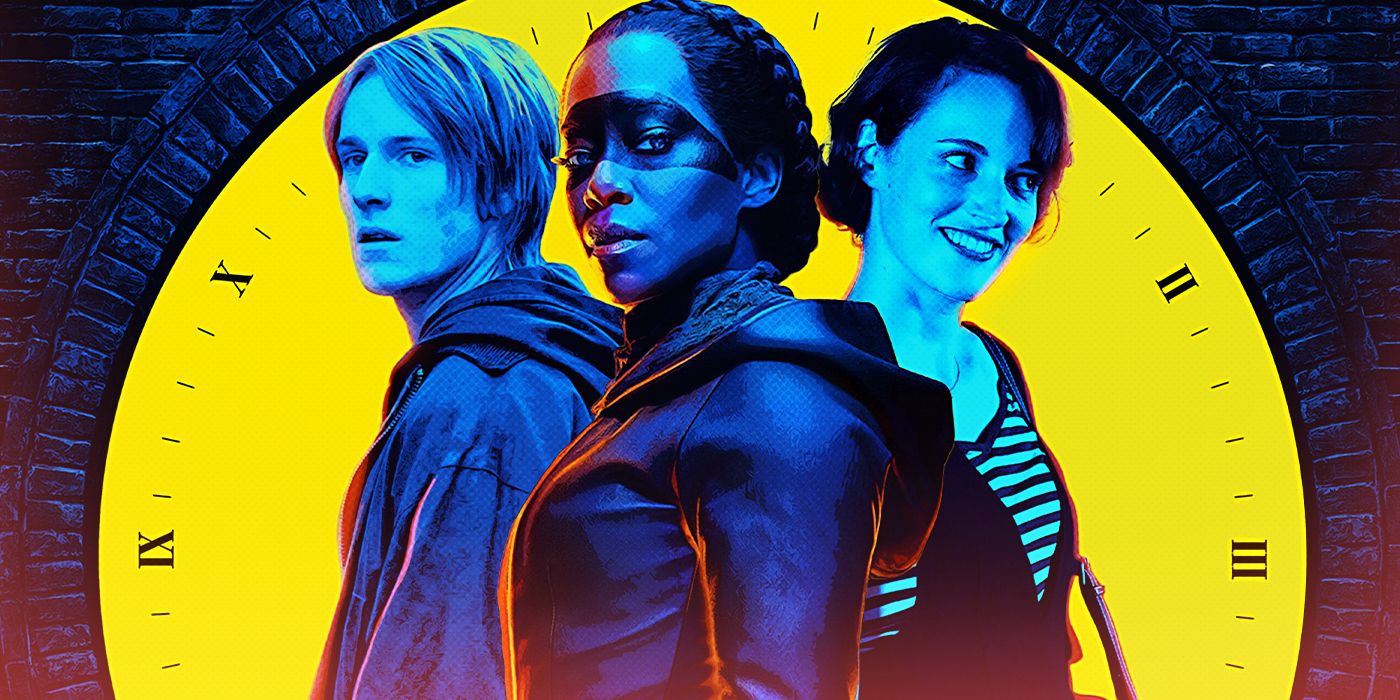

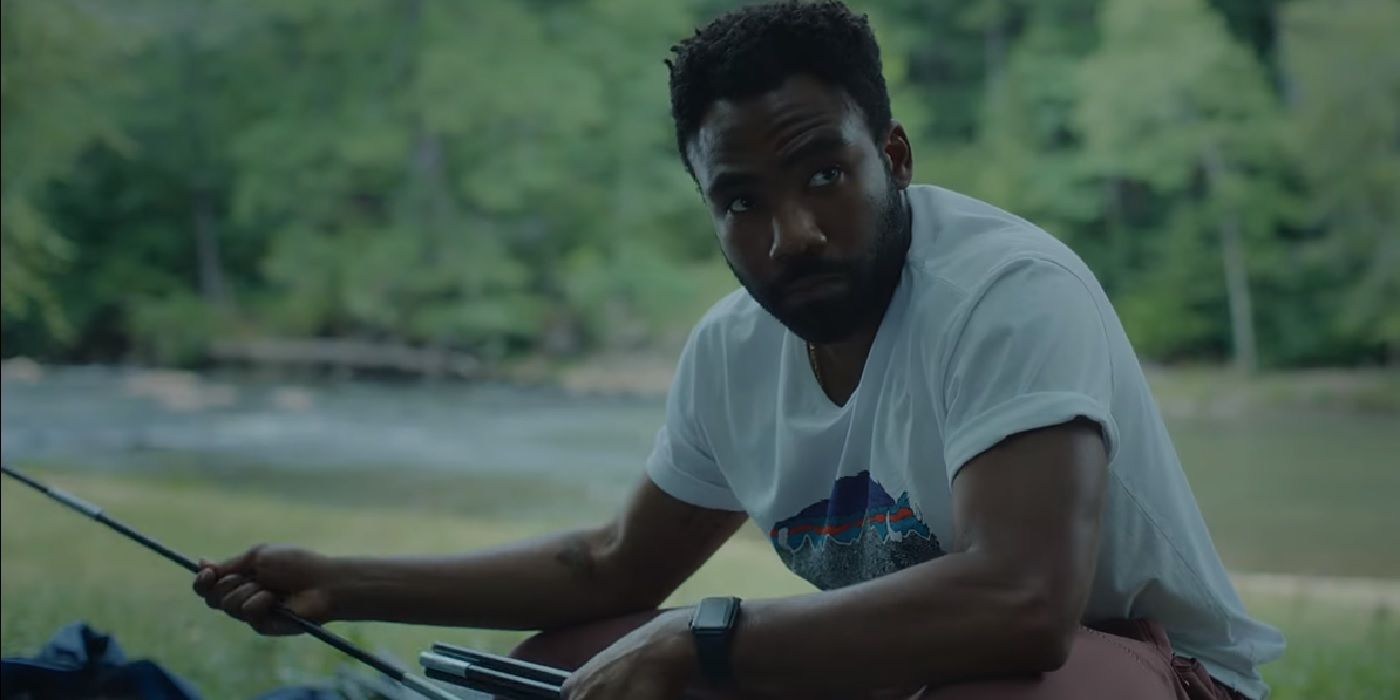
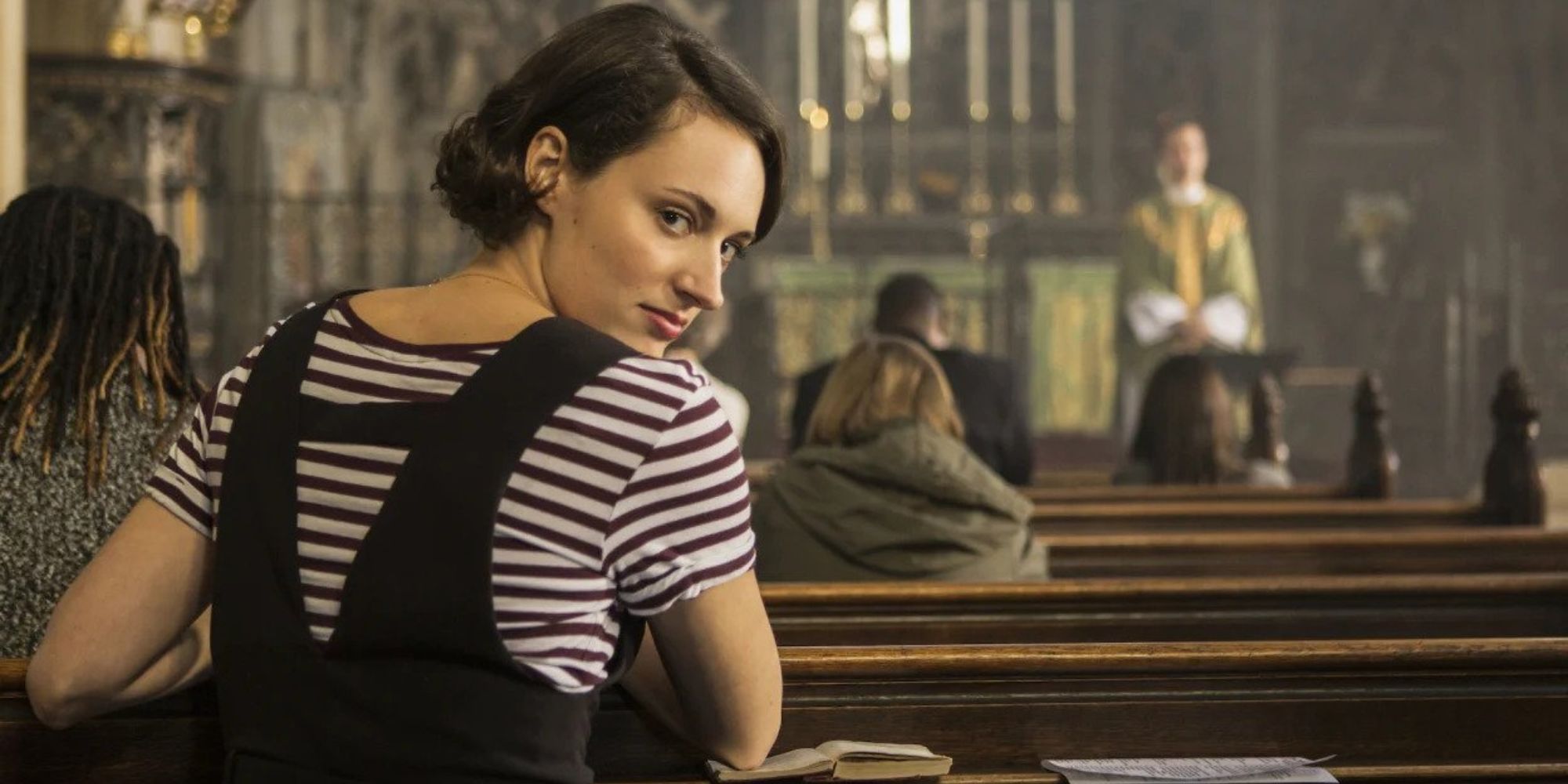
.jpeg)
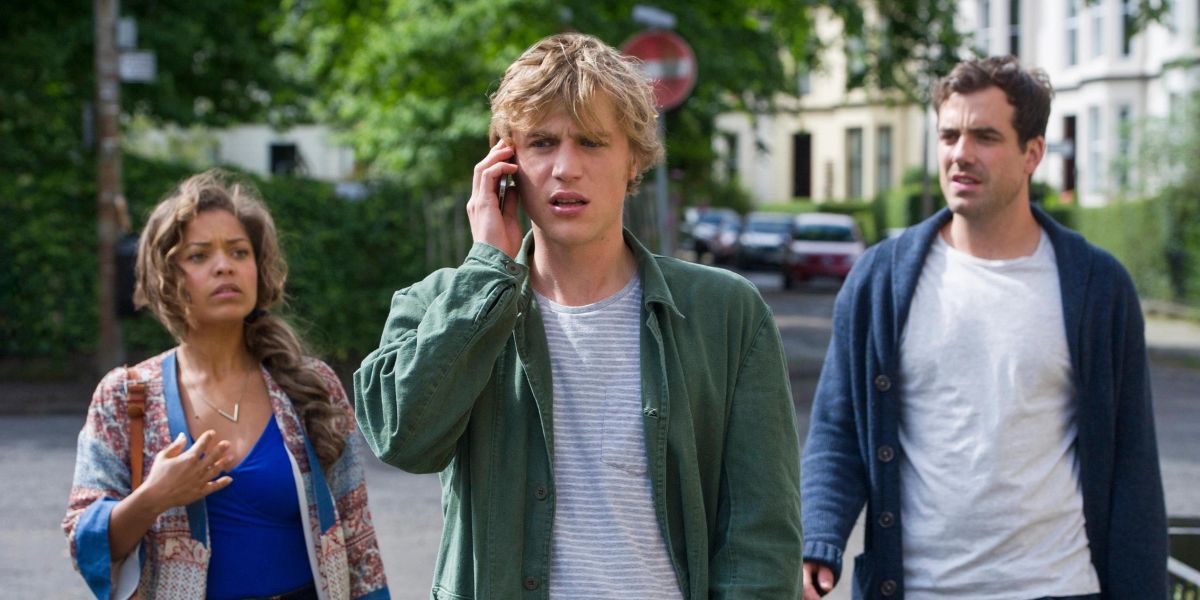
.jpg)




